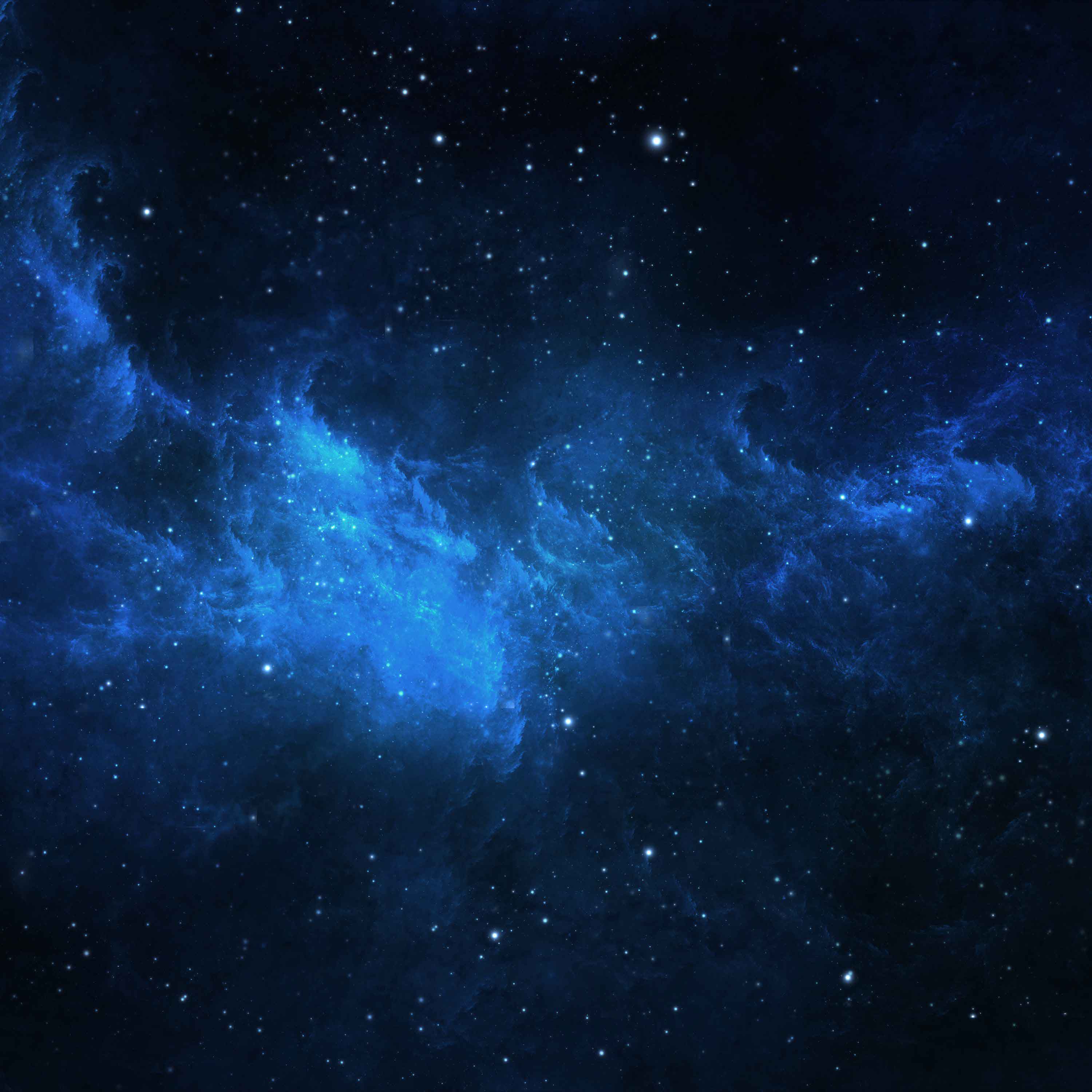

- This event has passed.
Richard Ellis – LAM Seminar
14 May 2024 à 10h30 - 12h00
Title: Progress and surprises in studies of early galaxies with JWST
Richard Ellis, University College London
Abstract: I will attempt to briefly review the astonishing progress made in studies of early galaxies during the first two years of JWST science operations. Although redshift frontiers have been extended beyond those reached with HST and large ground-based telescopes, it is the superb quality of the new data, particularly in the near and mid infrared spectral regions, that represents the primary advance. Spectroscopically, JWST has transformed the observational landscape by measuring the chemical composition of interstellar gas to redshifts beyond z=10 and identifying likely signatures of early and hitherto unrecognised active galactic nuclei. Its superlative image quality is also advantageous, enabling studies of resolved kinematics and stellar populations in distant galaxies. As a result we can now address long-standing questions including which sources likely governed cosmic reionisation, the origin of supermassive black holes, and the role that dust may play in obscuring our census of early systems. We are also tempted to consider whether JWST can locate “cosmic dawn” when chemically-pristine galaxies first emerged from darkness. In addition to discussing JWST’s numerous achievements in the context of these questions, I will also mention some surprises that may, in turn, lead to unforeseen discoveries.



